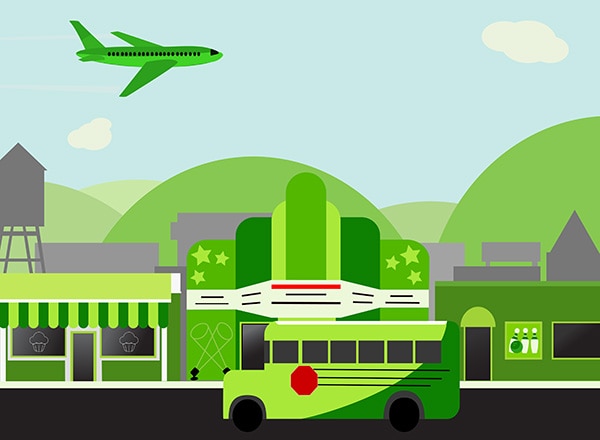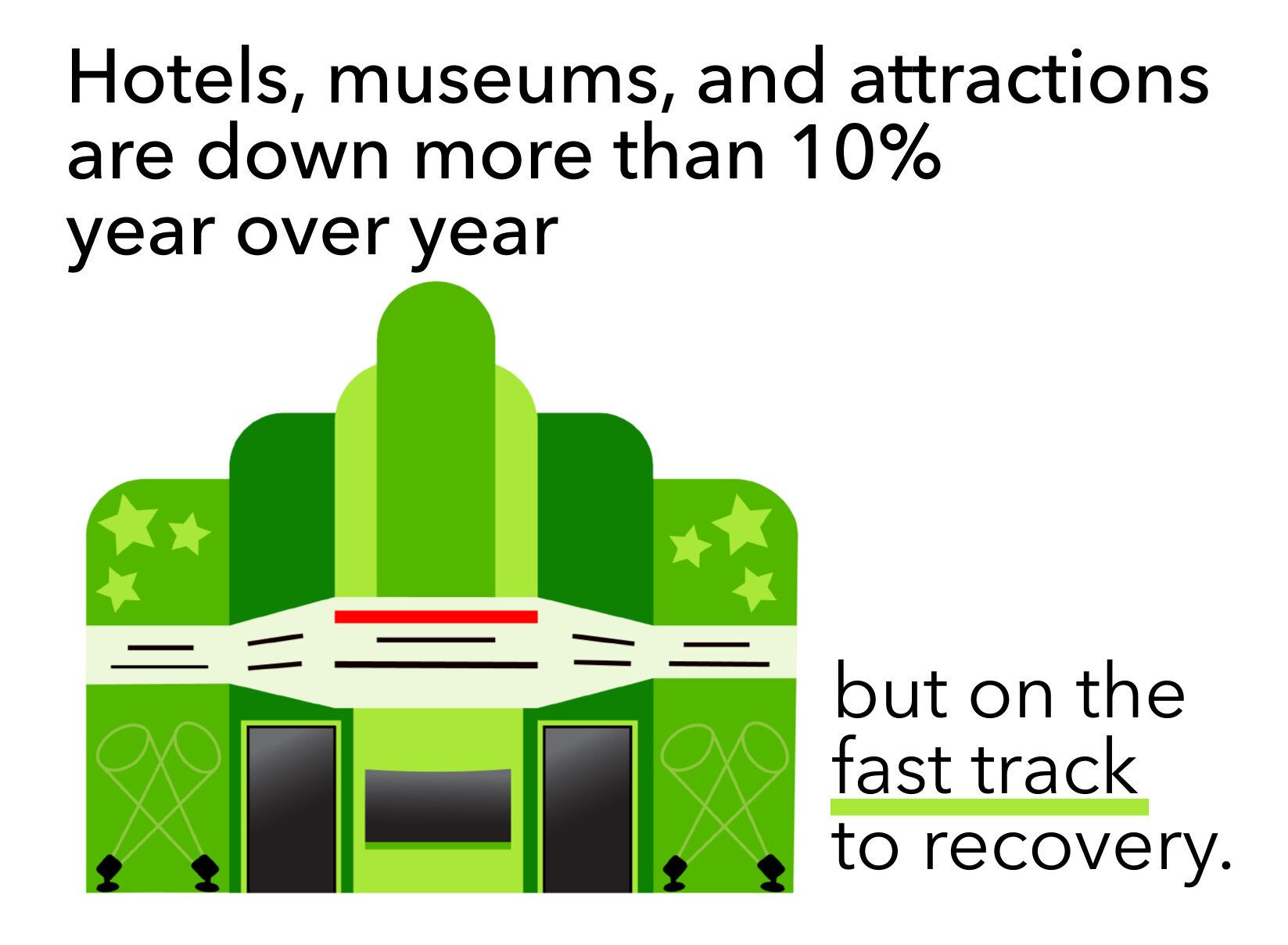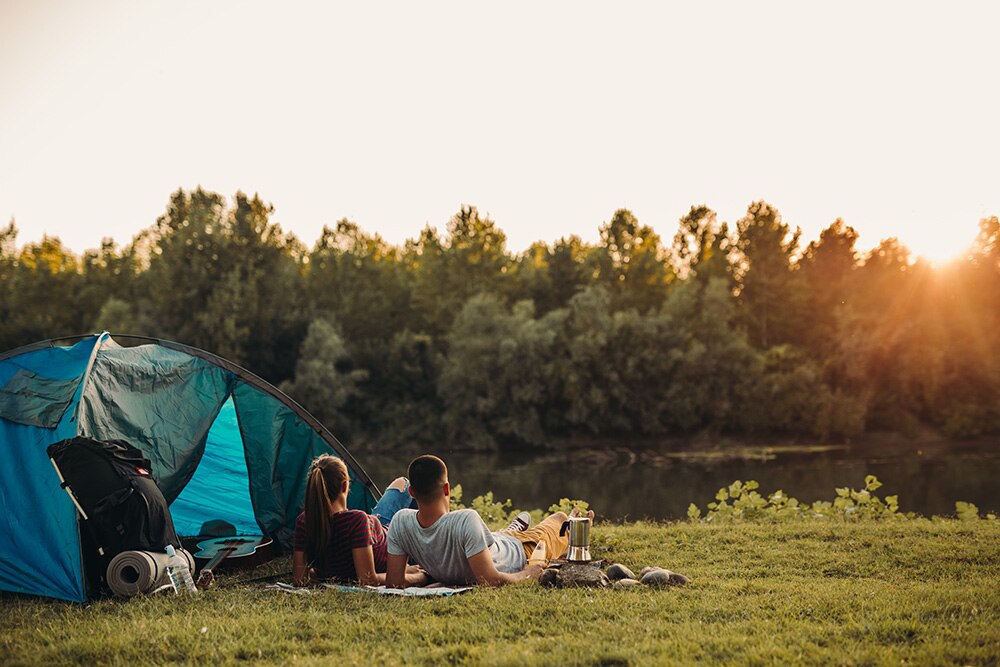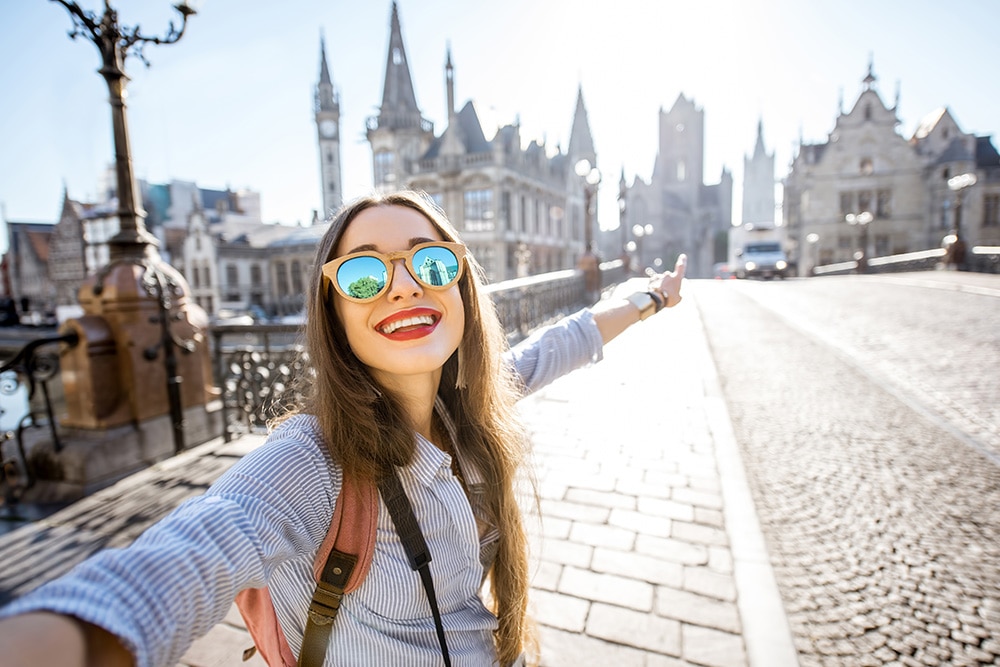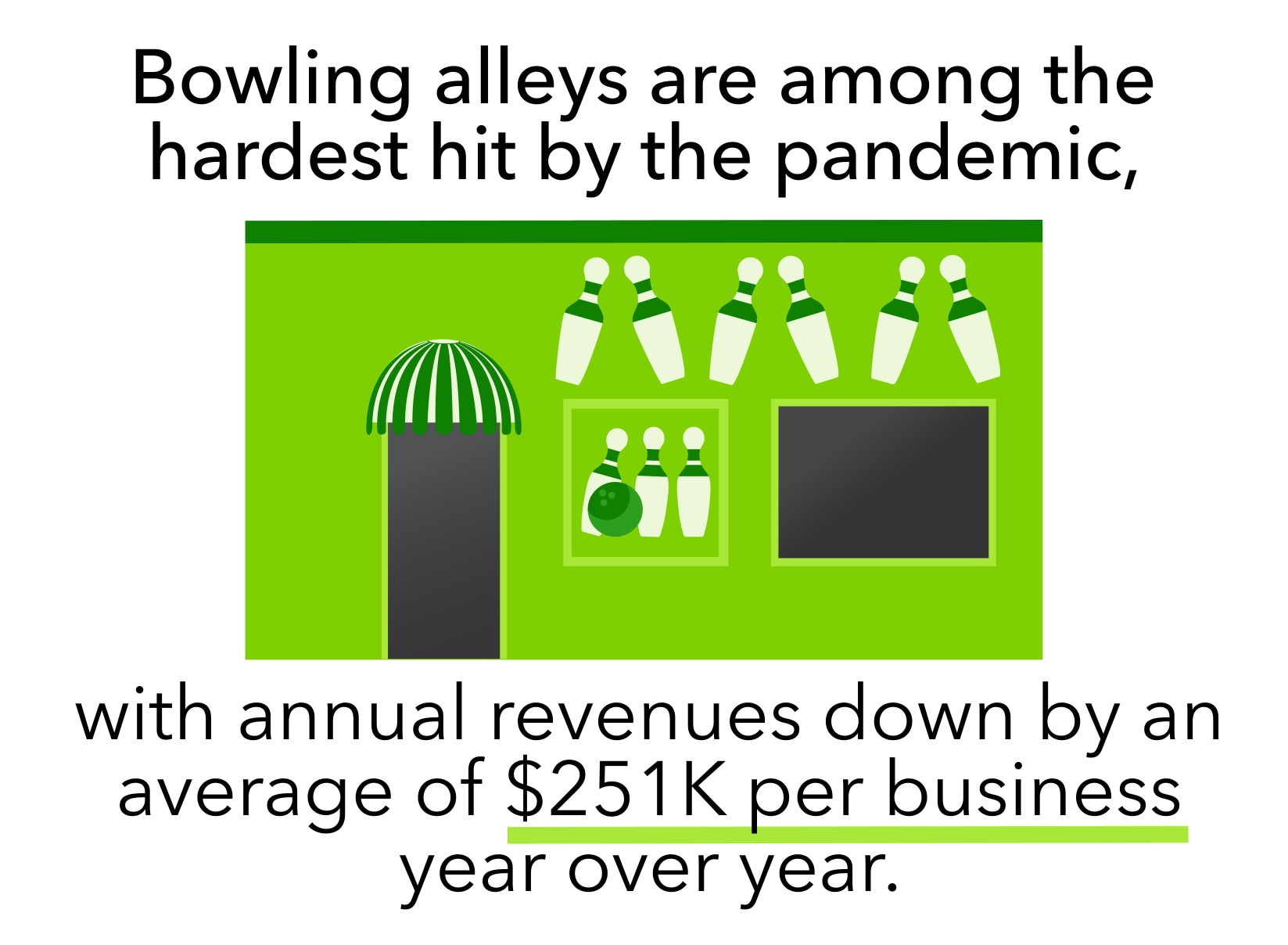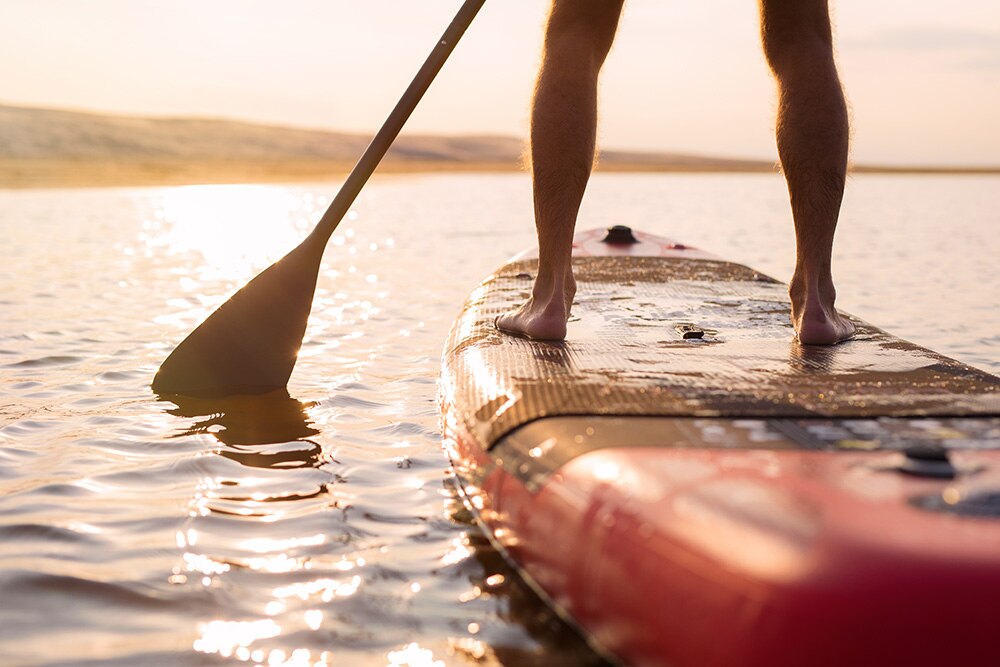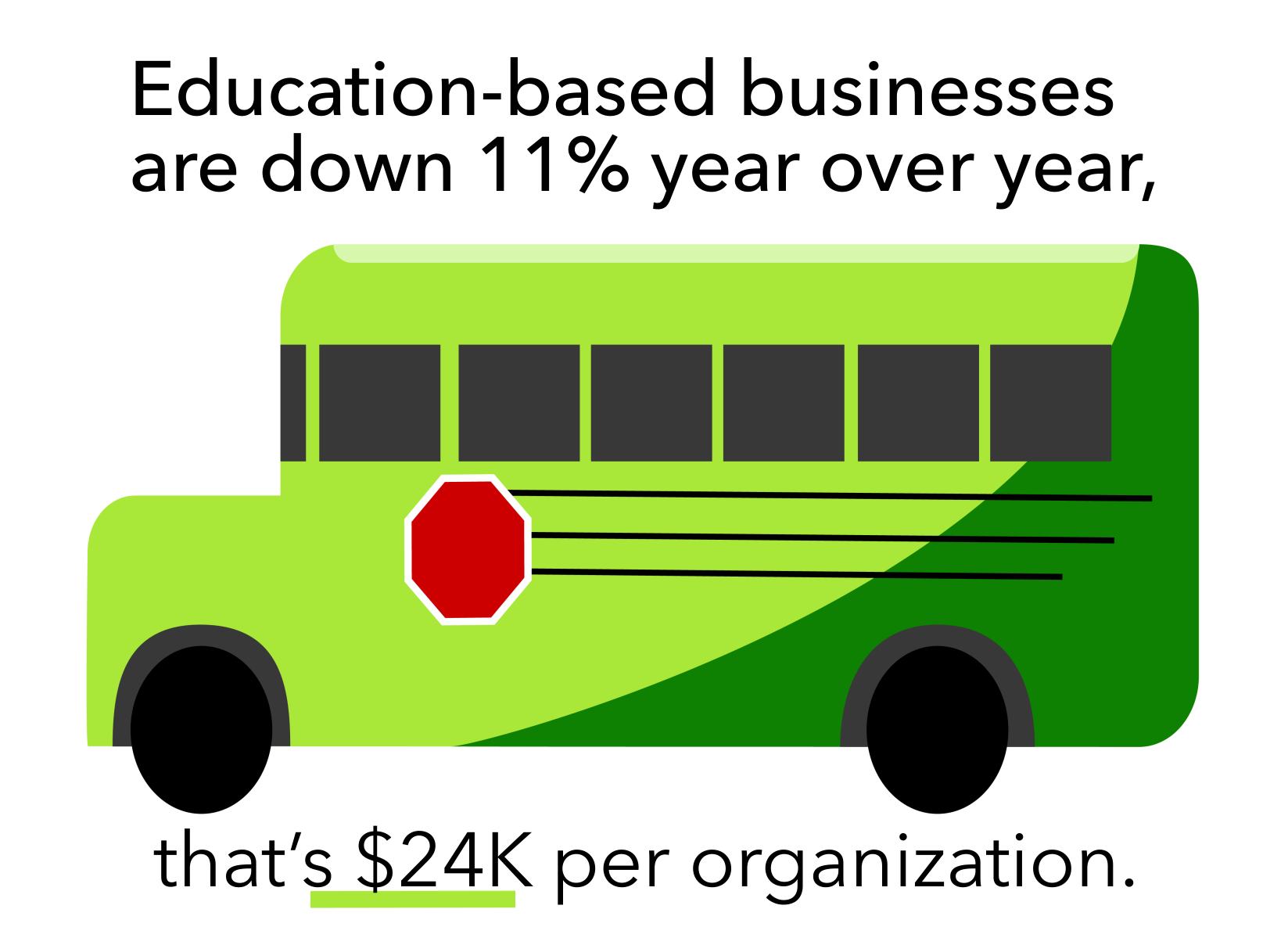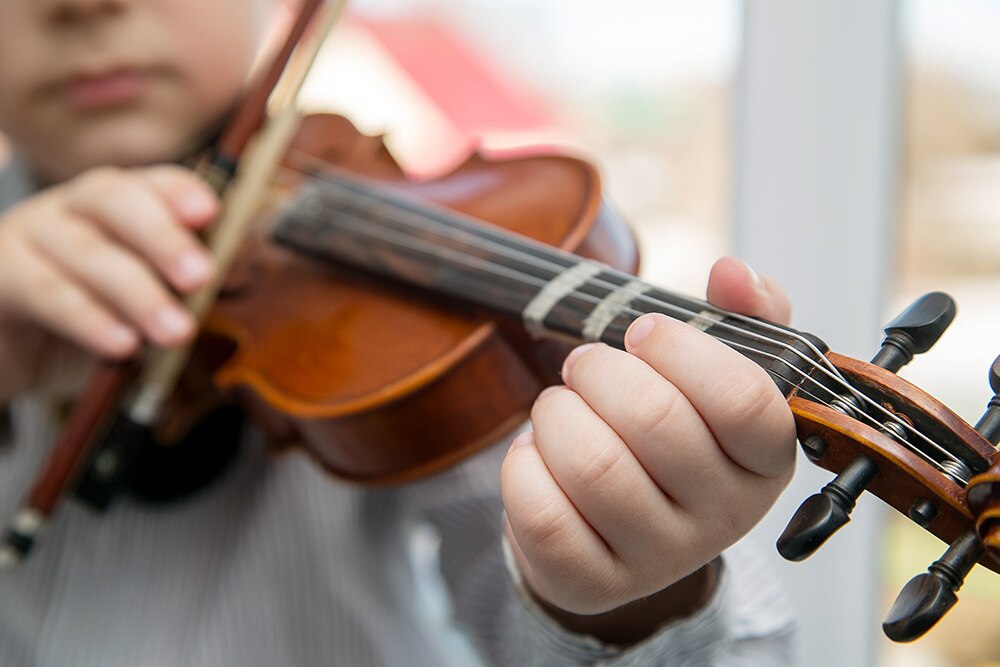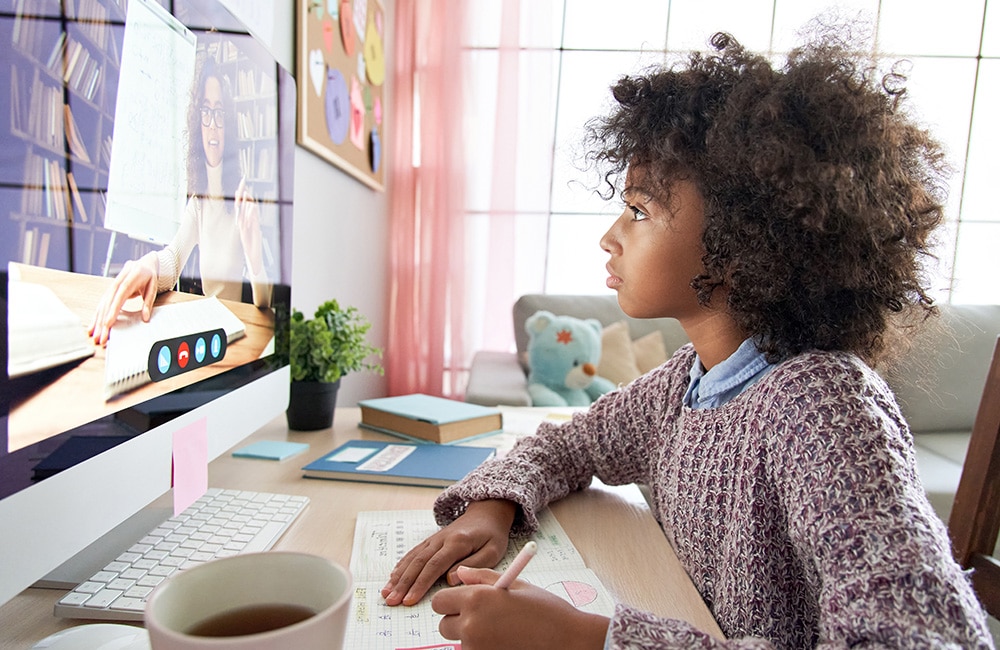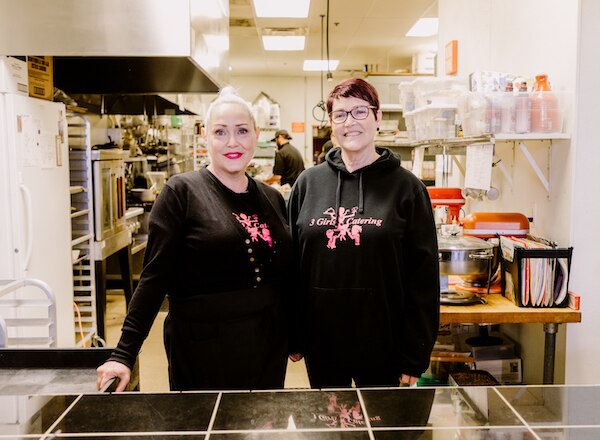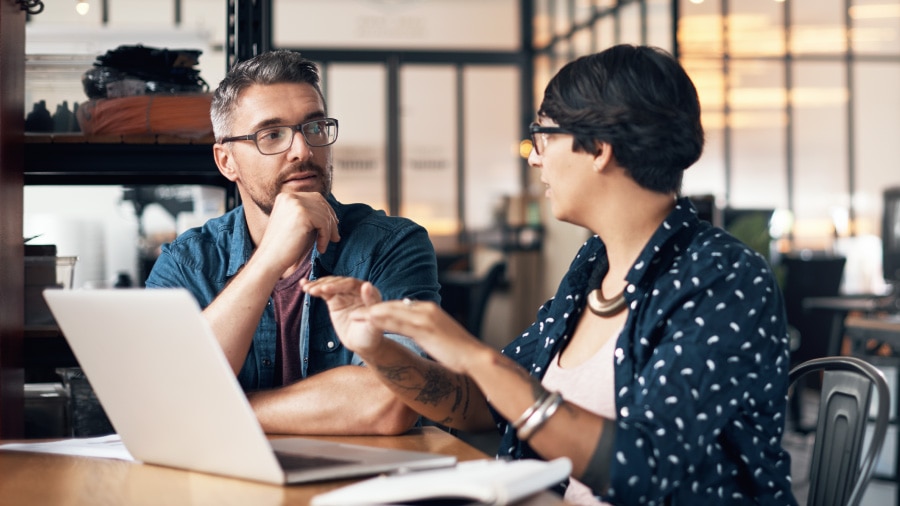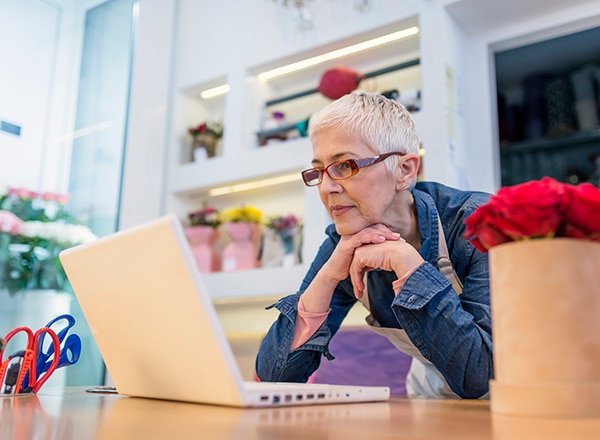Lasting impacts on the widening achievement gap
“My biggest concern is what’s going to happen in September,” said Waldman. He’s worried that students, especially elementary-aged students, are going to struggle—and their teachers along with them. “Their teachers are going to expect them to know what they were supposed to have learned the previous year. When they don’t, the teacher has two options: Spend time trying to get these kids up to date on their education, or forge ahead with their lesson plans. Sometimes there’s just not enough time. So this is going to be a major problem for a while.”
And education experts agree: the shutdowns caused by COVID-19 could widen the already troubling achievement gap. While all students are at risk of significant learning loss due to the pandemic, the loss will be greatest among low-income students who are less likely to have access to high-quality remote learning, high-speed internet, or even a quiet space to learn.
Looking forward, low-income students may fall behind by more than a year — exacerbating the existing achievement gap by up to 20%.
“The impacts of the COVID pandemic on learning, including remote education, have been among the most significant factors contributing to a widening achievement gap that I have seen in my 30 years as a scholar and educator,” said Dr. Deb Geller , Associate Dean of Students at UCLA.
Kathryn Starke, the founder of Creative Minds Publications , an educational literacy consulting company, agrees. “Our youngest students in elementary school have experienced the greatest gaps in the foundations of reading, writing, and literacy. Remote learning is a challenge for children learning to read who require hands-on manipulatives, books in hand, and one-on-one differentiated support,” she said.
According to Geller, even college-aged students were met with significant hurdles as they transitioned to online learning. “As campuses closed, many students had to return to their family homes, where they might not have a private space to study or attend virtual classes,” she said. “Some lacked the technology and reliable internet access required for their classes. Beyond that, faculty had to learn to teach remotely, and not all responded well to that challenge.”
Starke sums it up best, “We have lots of work to do for all students when schools resume in person.”
But for educators everywhere, “in-person” will look a little different than it did before.








